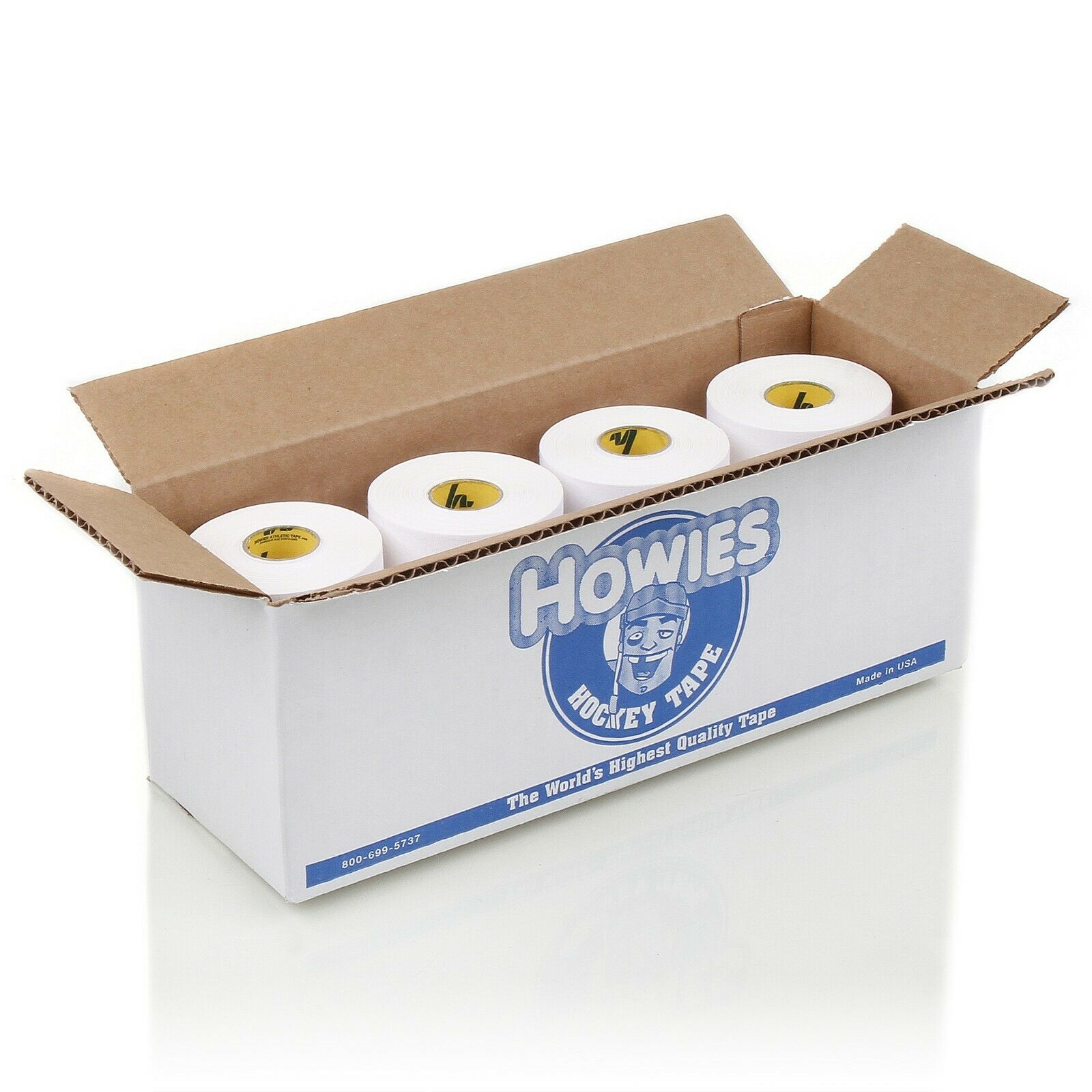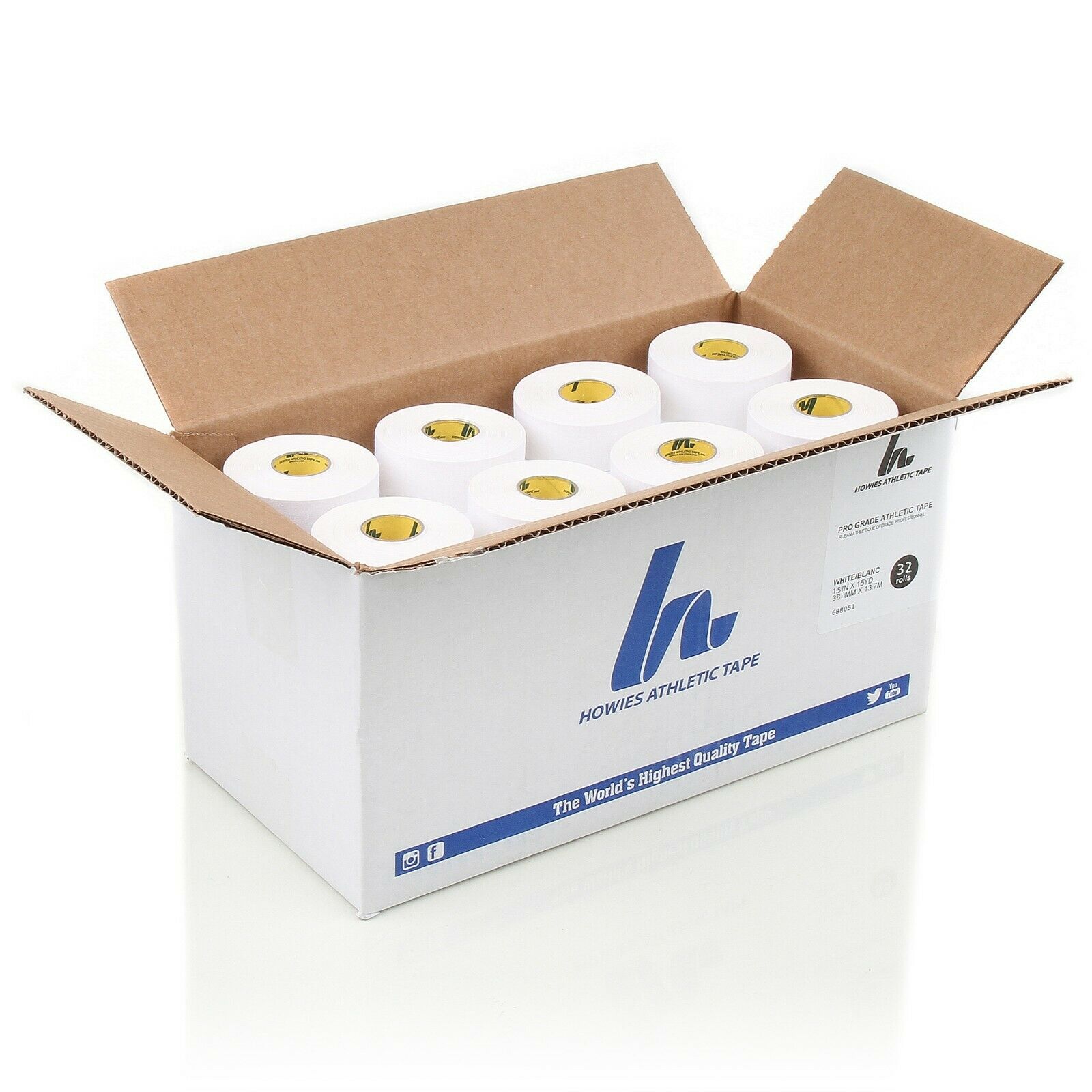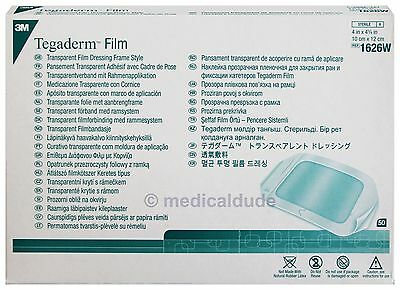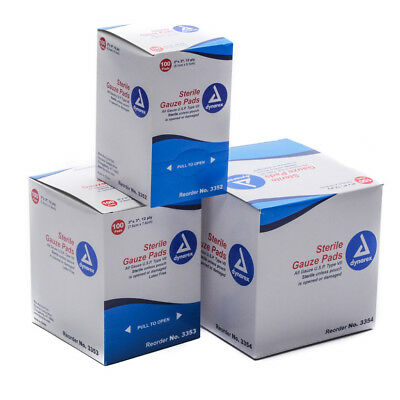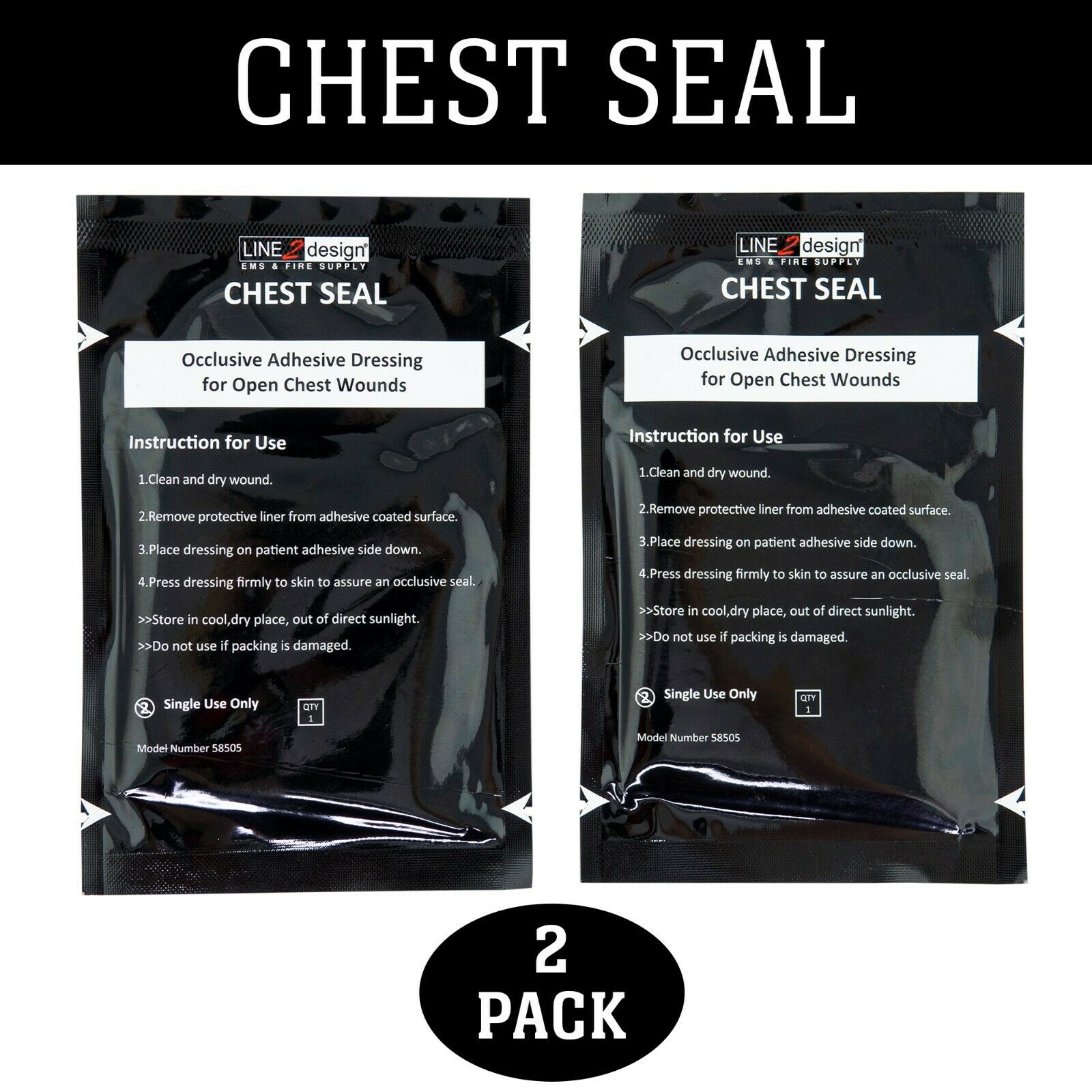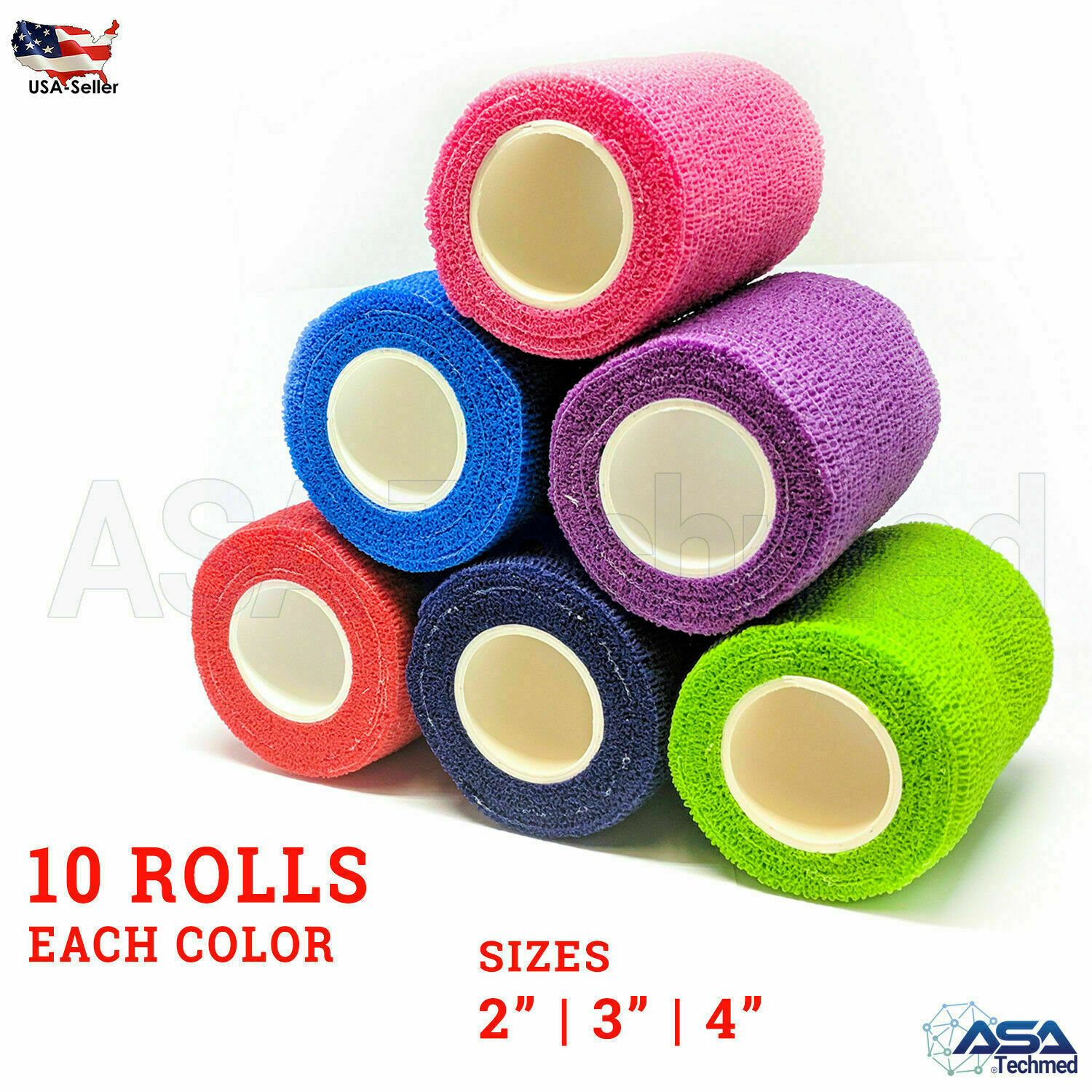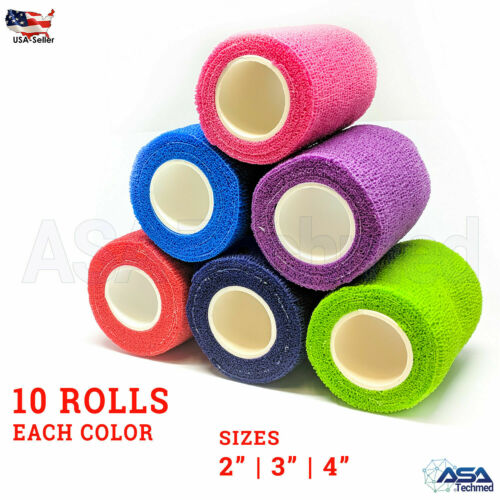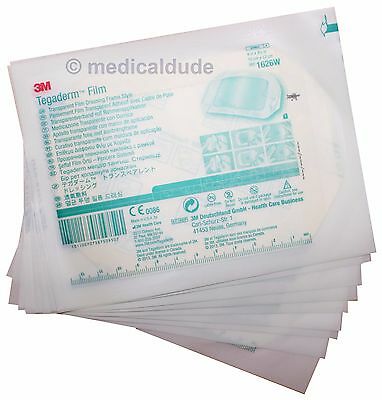-40%
Intrasite Gel Applipak Hydrogel Wound Dressing 0.28oz (8g), Box of 10, 66027308
$ 25.31
- Description
- Size Guide
Description
Smith & Nephew Intrasite Gel Applipak Hydrogel Wound Dressing 0.28oz (8g), Box of 10, # 66027308INTRASITE Gel Applipak Hydrogel Wound Dressing
is used to create a moist wound environment for the treatment of minor conditions such as
minor burns
, superficial lacerations, cuts, abrasions and skin tears. It gently rehydrates
necrotic tissue
and absorbs excess exudate. Under the direction of a healthcare professional, INTRASITE
Gel wound dressing
is used for the management of
Venous ulcers
(leg ulcers),
Surgical incisions
,
Diabetic foot ulcers
, and
Pressure ulcers
(including stage IV). Part of the
Smith & Nephew Wound Care
family, INTRASITE
hydrogel
is non-adherent so it is easily removed from the wound by irrigation with normal saline; without damaging fragile tissue or causing unnecessary pain for the patient. INTRASITE is available in three sizes. This listing is a box of 10 individual 0.28 oz (8 g) Applipaks.
It is important to consult your physician or wound care manager prior to starting any wound care treatment.
Information from the manufacturer, Smith & Nephew:
Description
INTRASITE Gel is an amorphous hydrogel which gently re-hydrates necrotic tissue, facilitating autolytic debridement, while being able to loosen and absorb slough and exudate. It can also be used to provide the optimum moist wound management environment during the later stages of wound closure. It is non-adherent and does not harm viable tissue or the skin surrounding the wound. This makes INTRASITE Gel ideal for every stage in the wound management process.
Features
Partially hydrated hydrogel formulation
Contains propylene glycol
APPLIPAK container, available in range of sizes
Benefits
INTRASITE Gel’s partially hydrated formulation allows the gel to donate moisture to drier environments and absorb in wetter environments, creating a moist wound management environment.
Debriding action
INTRASITE Gel rehydrates necrotic tissue and, by its gentle yet effective action, aids debridement.
Desloughing action
INTRASITE Gel absorbs slough and exudate without damaging fragile granulation tissue.
Creates a moist wound healing environment
INTRASITE Gel increases moisture content at the wound surface, helping prevent eschar formation. By keeping fragile granulation tissue moist and allowing the migration of epithelializing cells, INTRASITE Gel helps to create an optimal moist wound management environment.
Gentle action
Effective yet gentle action leaves delicate granulation tissue undisturbed helping to reduce trauma.
Non-adherent
INTRASITE Gel is non-adherent so it is easily removed from the wound by irrigation with normal saline; without damaging fragile tissue or causing unnecessary pain for the patient.
Extensive clinical support, suitable for use at all stages of the wound management process.
INTRASITE Gel contains propylene glycol which acts as a humectant (moisturizer) which prevents the gel from drying out and improves handling.
Easy to use
The unique Applipak system provides simple, directable and controlled application even in awkward wound sites.
Available in range of sizes
Range of sizes available for wound size – controlling and reducing wastage for cost effective wound management.
Indications
INTRASITE Gel is used to create a moist wound environment for the treatment of minor conditions such as minor burns, superficial lacerations, cuts and abrasions (partial thickness wounds) and skin tears.
Under the direction of a healthcare professional, INTRASITE Gel is used to create a moist wound environment for the management of:
Venous ulcers (leg ulcers)
Surgical incisions
Diabetic foot ulcers
Pressure ulcers (including stage IV)
Creates a moist wound environment, which assists in autolytic debridement of wounds covered with necrotic tissues.
PRECAUTIONS
Known sensitivity to INTRASITE Gel or any of its ingredients. INTRASITE Gel should be used with care in the vicinity of the eyes and in deep wounds with narrow openings (e.g. fistulas) where removal of the gel may be difficult. INTRASITE Gel is for external use only and should not be taken internally.
INSTRUCTIONS FOR USE
Step 1
Prepare wound site
Remove secondary dressing. Irrigate wound with sterile saline solution to clean wound site.
Step 2
Prepare pack
Remove blue protective cap from the nozzle.
Swab the snap-off tip and nozzle of the pack with a suitable antiseptic swab. Snap the patterned tip off the nozzle.
Step 3
Remove Nozzle
Snap the patterned tip off the nozzle.
Step 4
Introduce INTRASITE Gel into the wound
Keeping the nozzle tip clear of the wound surface, gently press the bowl of the pack to dispense gel into the wound. Smooth INTRASITE Gel over surface of wound to a depth of approximately 5mm (0.2in.). Discard any unused gel.
Step 5
Dress Wound
Cover with a secondary dressing of choice e.g.
Wound Stage
Dressing
Necrotic
OPSITE FLEXIGRID Moisture Vapour Permeable Adhesive Film Dressing
Sloughy
ALLEVYN Hydrocellular Wound Dressing / MELOLIN Low-Adherent Absorbent Dressing
Granulating
ALLEVYN/MELOLIN/OPSITE FLEXIGRID
Step 6
Removal of INTRASITE Gel
INTRASITE Gel can be removed from the wound by rinsing with sterile saline solution. On necrotic and sloughy wounds, it is recommended that the dressing is changed at least every three days. On clean granulating wounds, the frequency of dressing changes depends on the clinical condition of the wound and the amount of exudate produced.



